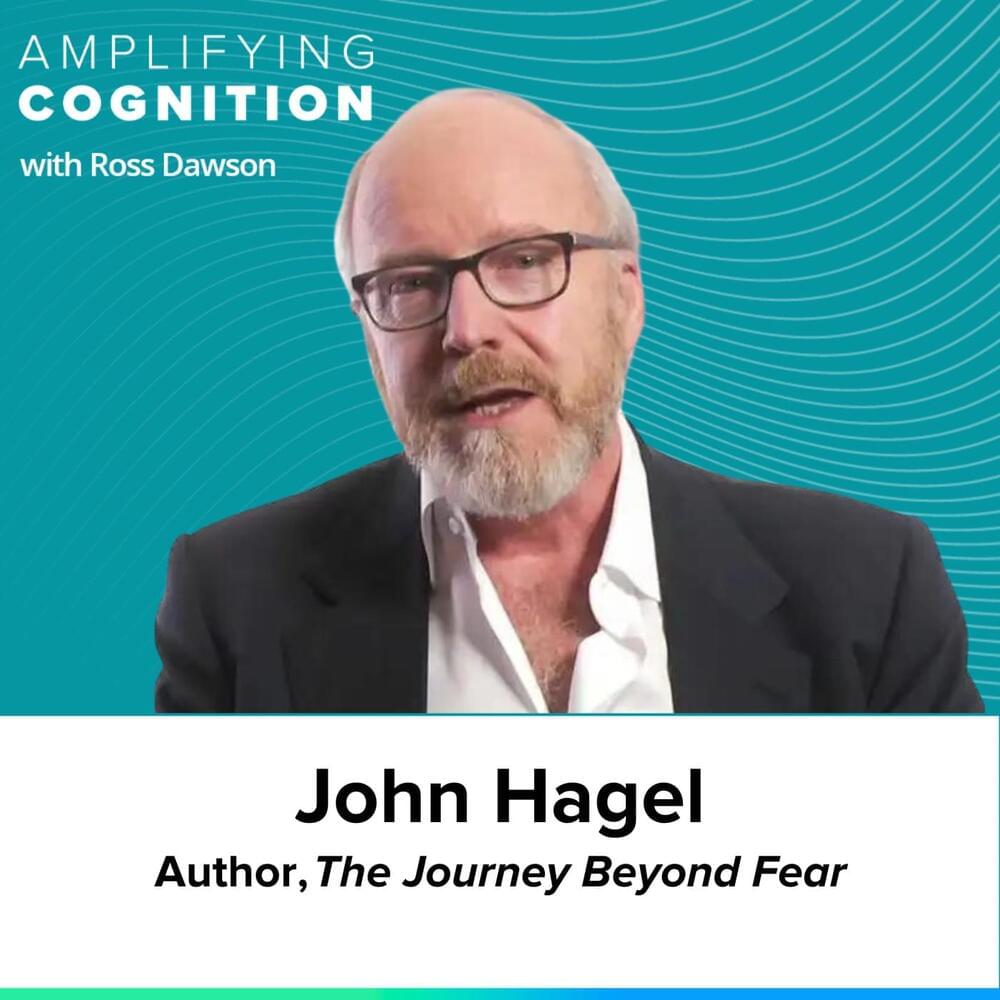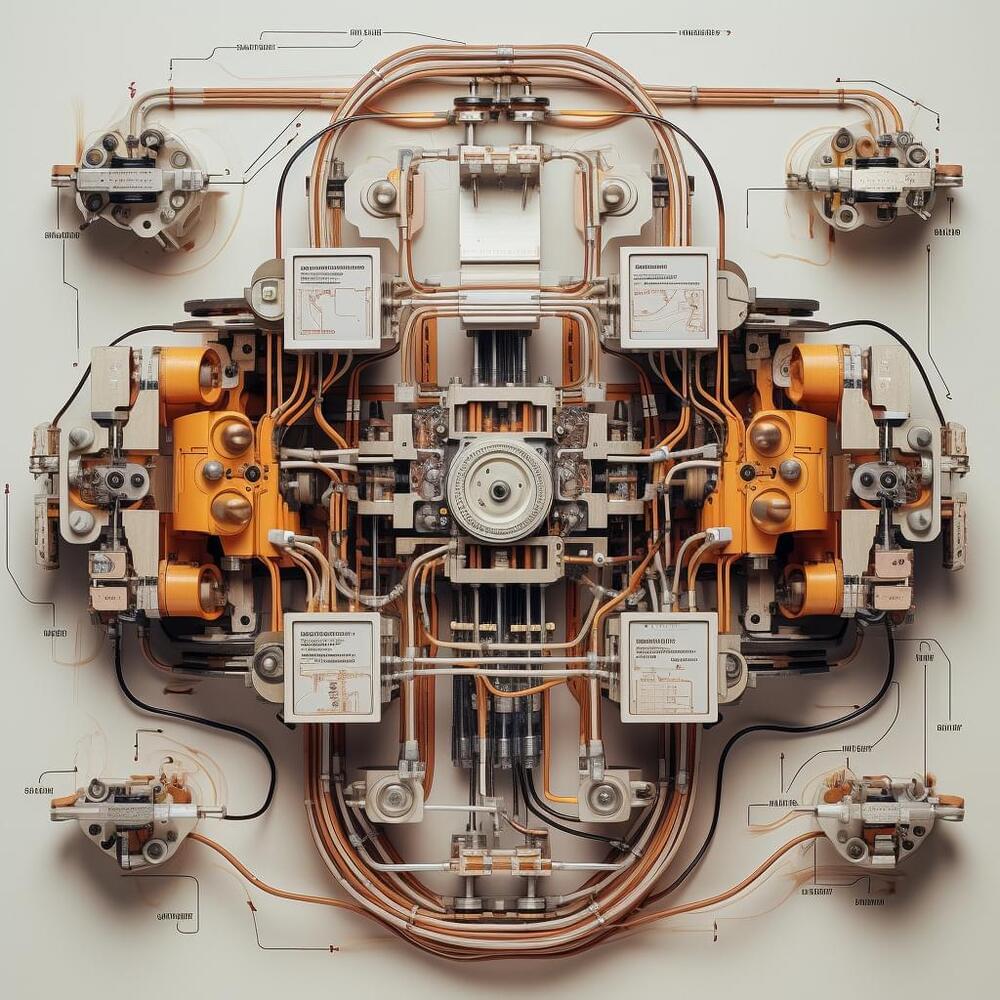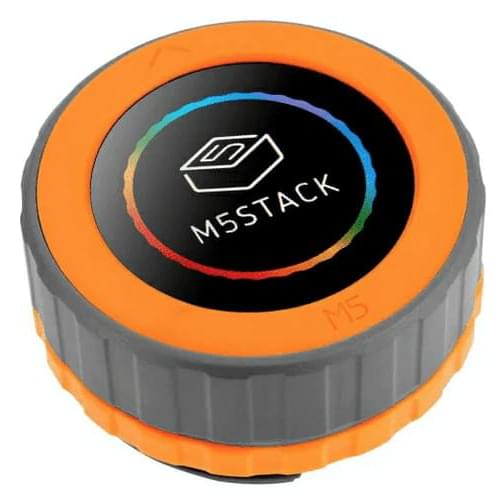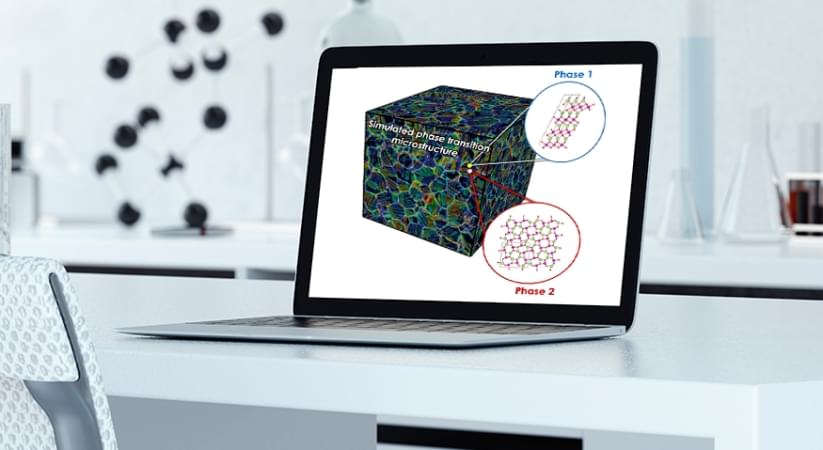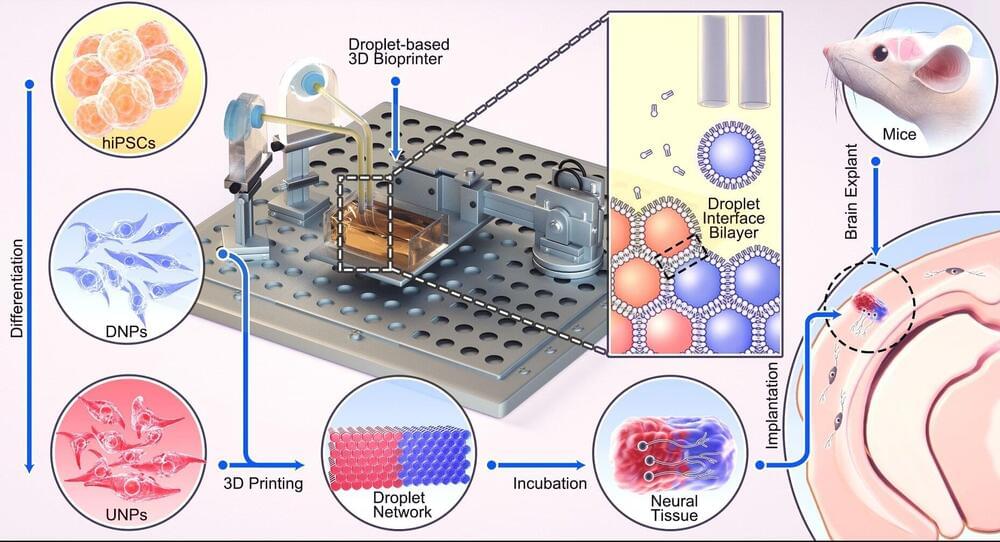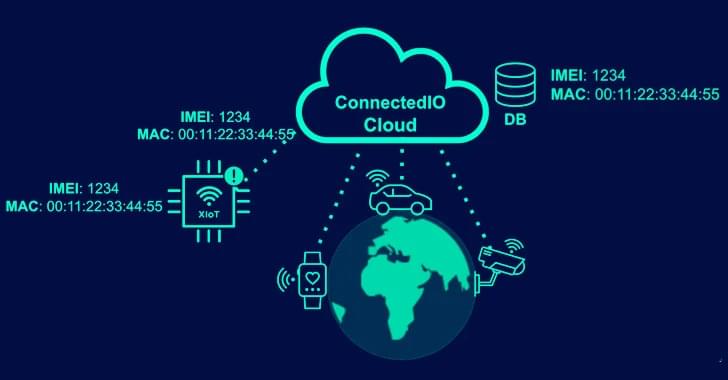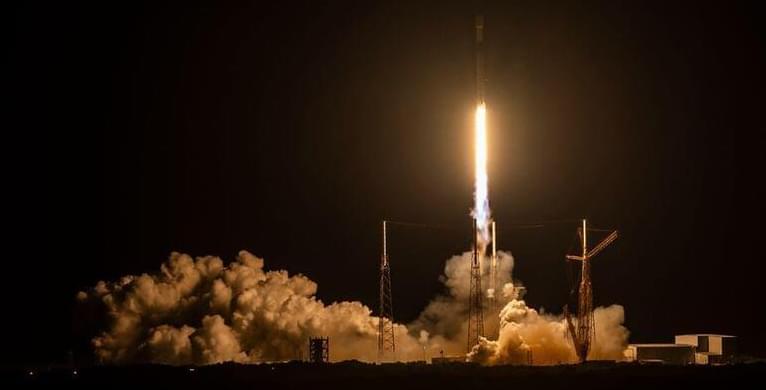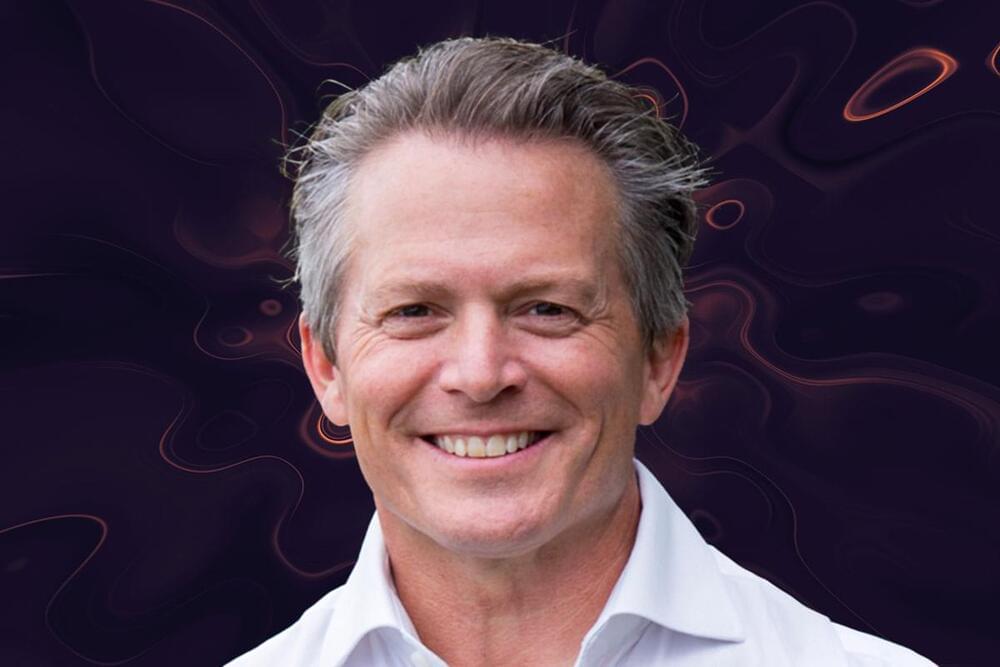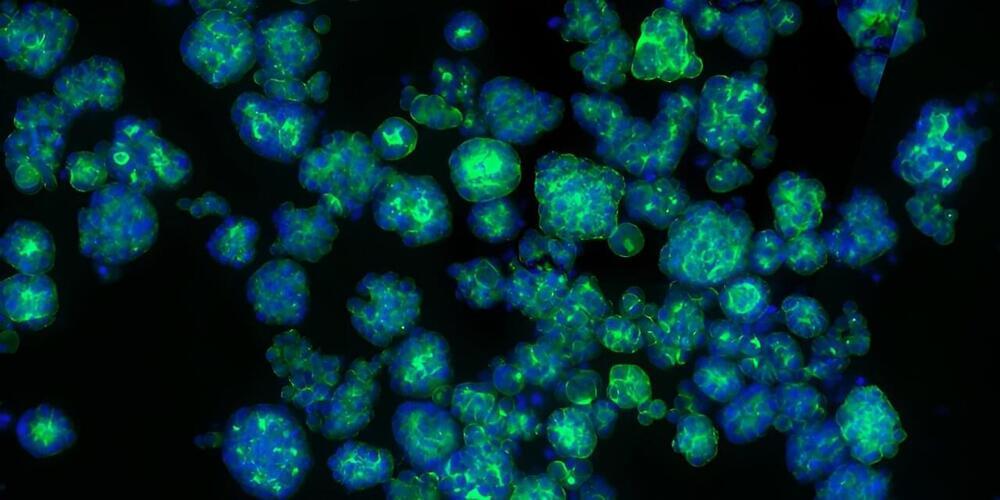US biotech Immunis has developed an “immunomodulatory secretome” technology targeting age-related immune decline. With preclinical studies showing benefit in muscular atrophy, metabolic and vascular function, tissue inflammation, and immune cell function in a range of age-related disease indications, the Californian company is currently engaged in its first in-human clinical trial for muscle atrophy.
Longevity. Technology: The secretome refers to the substances that are secreted (released) by cells – exosomes, micro-vesicles, proteins, growth factors, hormones, cytokines, and other substances. The secretome is known to play a role in helping repair and regenerate our bodies, but these beneficial secreted factors decline with age. Immunis has developed a novel method to isolate secreted cellular factors that benefit immune system development, modulation, and health – and replenish them. To find out more about the company and its technology, we spoke to its Chairman, Dr Hans Keirstead.
Keirstead is a renowned stem cell expert and serial entrepreneur, founding and successfully exiting several biotech companies in the stem cell space. Back in the early days of the field, he became the first neuroscientist in the world to work with human stem cells.
